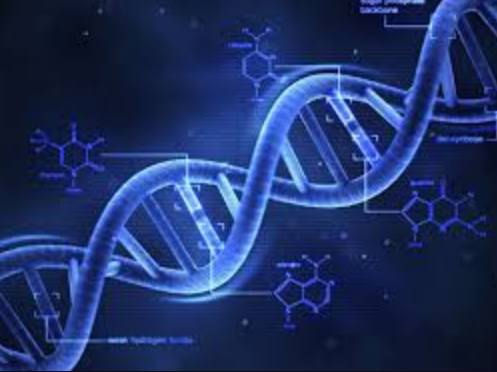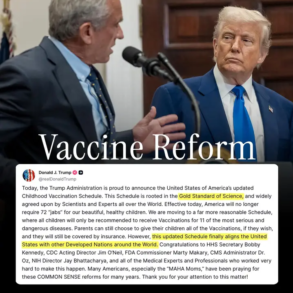A new report has revealed alarming insights into Nigeria’s ongoing paternity crisis, showing that one in every four DNA tests conducted in the country confirms that the presumed father is not the biological parent.
According to the 2025 Annual DNA Testing Report released by Smart DNA Nigeria, 25 per cent of paternity tests carried out between July 2024 and June 2025 returned negative results. Although slightly lower than the 27 per cent recorded in 2024, the figure underscores what experts describe as a “deepening trust and family crisis” across the country.
The company’s Operations Manager, Elizabeth Digia, explained that the findings go beyond science.
“These results tell us something profound about trust, relationships, and the socio-economic realities of Nigerian families today. While we provide certainty through accurate testing, it is important that families handle such sensitive information with care,” she said.
Firstborn children, particularly boys, recorded the highest exclusion rate, with 64 per cent of tested firstborn males found not to be biologically related to their presumed fathers.
Immigration-related DNA testing rose sharply to 13.1 per cent, driven largely by the “Japa” wave of Nigerians seeking relocation abroad.
Men accounted for 88.2 per cent of all test requests, with older men aged 41 and above making up nearly half of this figure, suggesting that financial stability influences decisions to seek paternity verification.
More than half (58.6 per cent) of those tested were children aged zero to five years, up from 54 per cent the previous year.
Lagos State led DNA test requests (69 per cent), with Lekki, Yaba, Ajah, Ikorodu, Surulere, and Ikeja ranking as top hubs. Yoruba families dominated at 53 per cent, followed by Igbo (31.3 per cent), while Hausa participation remained minimal at 1.2 per cent.
The report also noted that the majority of tests 83.7 per cent were conducted for “peace of mind” rather than legal disputes. Court-mandated tests made up only 1.4 per cent of the total.
The preference for testing male children (53.8 per cent) highlights ongoing cultural emphasis on verifying male lineage, often linked to inheritance and family name preservation.
Analysts warn that the trend reflects not just personal doubts but wider issues of marital trust, financial security, and family stability.
Digia added: “We are seeing more clients who have carried doubts for years. Some of these cases involve emotional trauma and even financial exploitation. A national policy framework is long overdue.”
While stressing that the figures should not be extrapolated to all Nigerian families, experts insist that the growing demand for DNA testing reflects a seismic shift in attitudes toward trust, relationships, and accountability in Nigerian homes.








